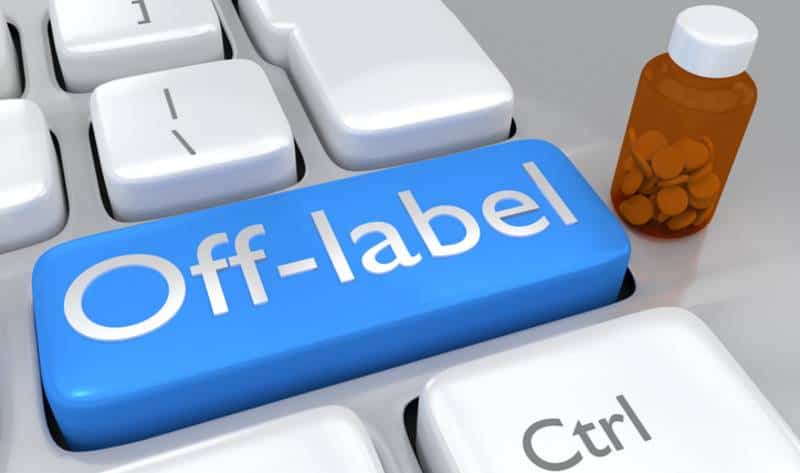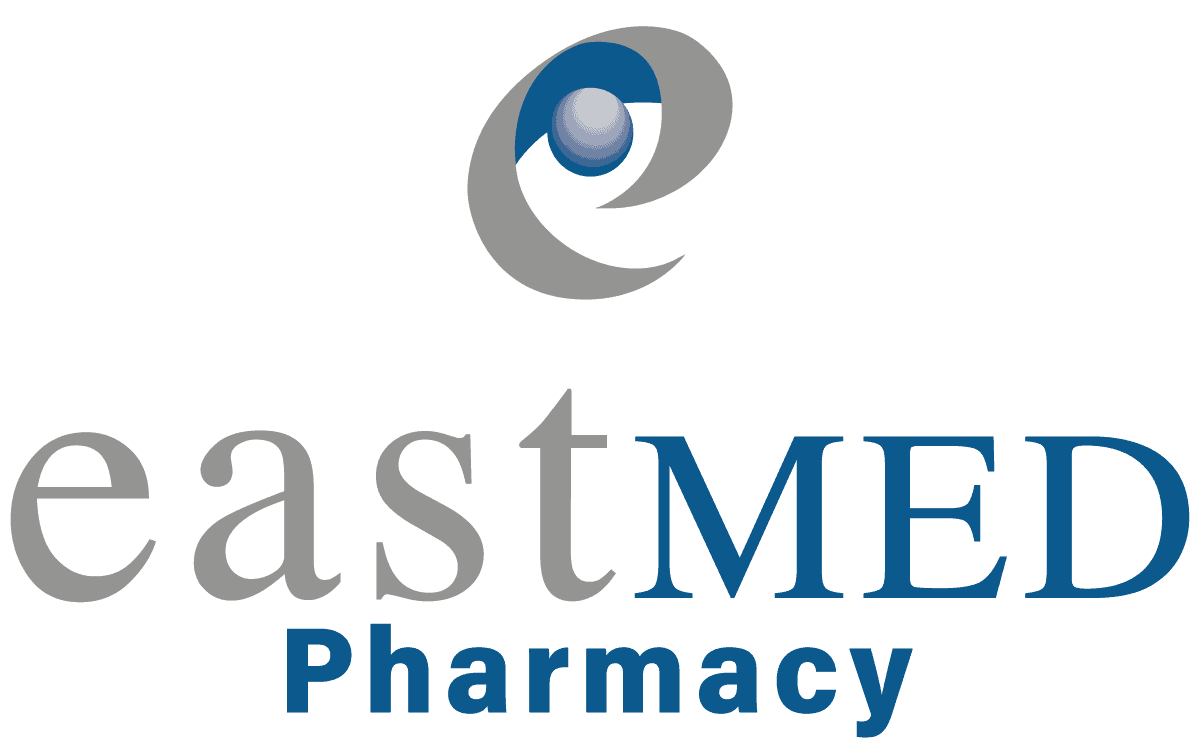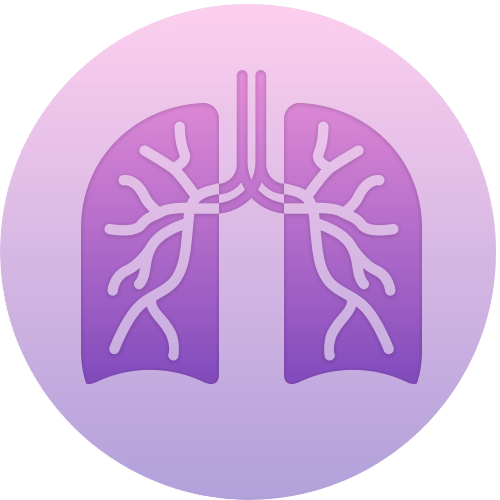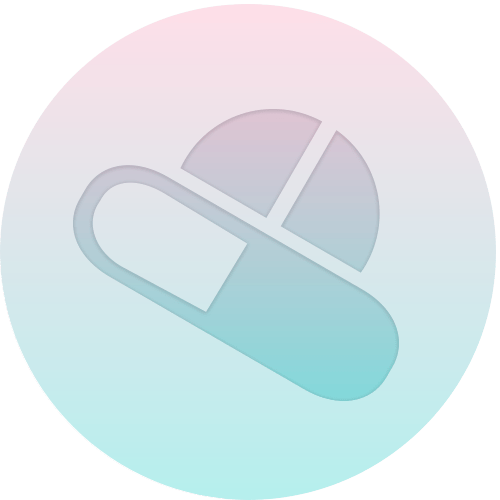Why Are Some Drugs Prescribed For Off Label Use?

The pharmaceutical world can be very confusing at times. It sometimes challenges even drug experts like us to keep track of what’s going on. There are thousands of drugs in the dispensary that we come across each day, and many of them come with different trade names, numerous strengths, and in various forms (e.g., tablets, capsules, liquids, etc.), with different funding schedules and criteria. Some drugs require doctors to apply for special approval for funding, while others require a recommendation by a specialist before dispensing. Inventory stock management can often be a nightmare as some drugs can be obtained through normal means, while others require a different procurement channel due to its scarcity and availability. Instead of routine prescribing, doctors can prescribe drugs for other indications other than what the FDA has approved. It is a common practice we often call “off label prescribing.” Often it can create confusion and unnecessary stress for patients, especially when you know nothing about the drug and are dependent solely on Google for information. Sometimes the information you obtain may not be evidence-based causing further confusion as to why you need them.
What is off label use?
I had an incident before I went for my paternity leave that a regular patient of mine was prescribed a medicine by her doctor for migraine management. However, when she searched the drug on google, she was surprised that it did not mention anything about the condition that she was using it for. As a result, she was upset and wondered why she needed to take the medicine. It’s situations like this where health professionals need to continuously remind themselves of the importance of effective communication and the impact it may have on patients psychologically if we do not communicate the right information at the appropriate time. Many of you may wonder what exactly is “off label use” and why would a doctor use an approved drug for an unapproved purpose?
First of all, before you start worrying and go through your medicine cupboard to see which medicines you are currently prescribed as “off label use”, it’s important to understand the approval process of medicine in New Zealand. An approved medicine – which is the majority of the medicines in the dispensary – is a medicine that has been through a regulatory process by Minister of Health and Medsafe and can be considered safe to prescribe, under the approved conditions listed in the Medicine Data Sheet. However, when an approved medicine is prescribed for an unapproved indication, it is considered “off-label” use. Off-label prescribing is relatively common and completely legal. However, the prescriber must take responsibility for the safety of it when used for an off-label indication.
Why doctors prescribe for off label use?
There are many reasons why your doctor would consider prescribing medicine for an off-label purpose. A lot of the time, doctors may not be aware that the drug they use commonly on patients is not approved for the conditions they are trying to treat. (e.g., the use of tricyclic antidepressant for neuropathic pain).
Another crucial reason is the emergence of new evidence from the literature to suggest it can be used for a particular unapproved indication. The reason that off-label prescribing is common is that the drug approval process is generally a lengthy process, which could take 15 years upwards from start to finish. Drug companies are required to conduct clinical trials to ensure its safety and effectiveness before the FDA can approve for new indications for an approved drug. However, with the rapid emergence of new evidence of clinical practice from the medical and scientific fields, the guideline for best practice is continually evolving. Hence, leading to the rise in off-label medicine prescribing.
A classic example, for instance, the study of several medications that could potentially be effective against COVID-19. One of the drugs that gain significant attention in the past months was hydroxychloroquine – an approved drug for the treatment of malaria, rheumatoid arthritis, and lupus. As it was partly due to the controversy of Donald Trump telling reporters he was taking the drug to protect himself against coronavirus despite public health officials warning that it could cause heart problems. The president has repeatedly promoted the drug against medical advice. However, based on a recent announcement from WHO, a clinical trial has found that hydroxychloroquine is ineffective in the reduction of death rates from hospitalised COVID-19 patients when compared with standard of care. This just proves that not all off-label use is clinically sound, and sometimes new evidence could emerge rapidly to revoke previous ones.
In another example, when it comes to anxiety with public speaking, you may find your doctor might prescribe a drug call propranolol. Now, propranolol is approved for use in high blood pressure but not for use in anxiety. However, it helps people manage their anxiety by slowing the heart rate and stop your heart from racing during anxious times.
Good practice from now onwards is to consider asking your doctor about your new medicine before you leave the consultation room. It is essential to understand what medicine you’ll be taking and why you need to take it. Always be familiar with your new medication and understand how to take it properly. Do not hesitate to talk to your pharmacist – whether is me, our pharmacist staff or a pharmacist from other pharmacies. Be sure to ask all the questions and have your concerns addressed so that you can put your mind at ease.
To your health,
Chris
Pharmacist


















